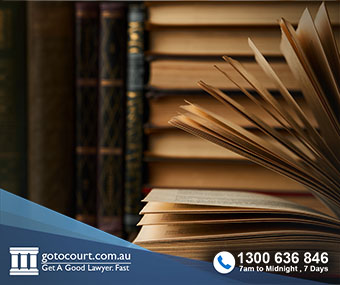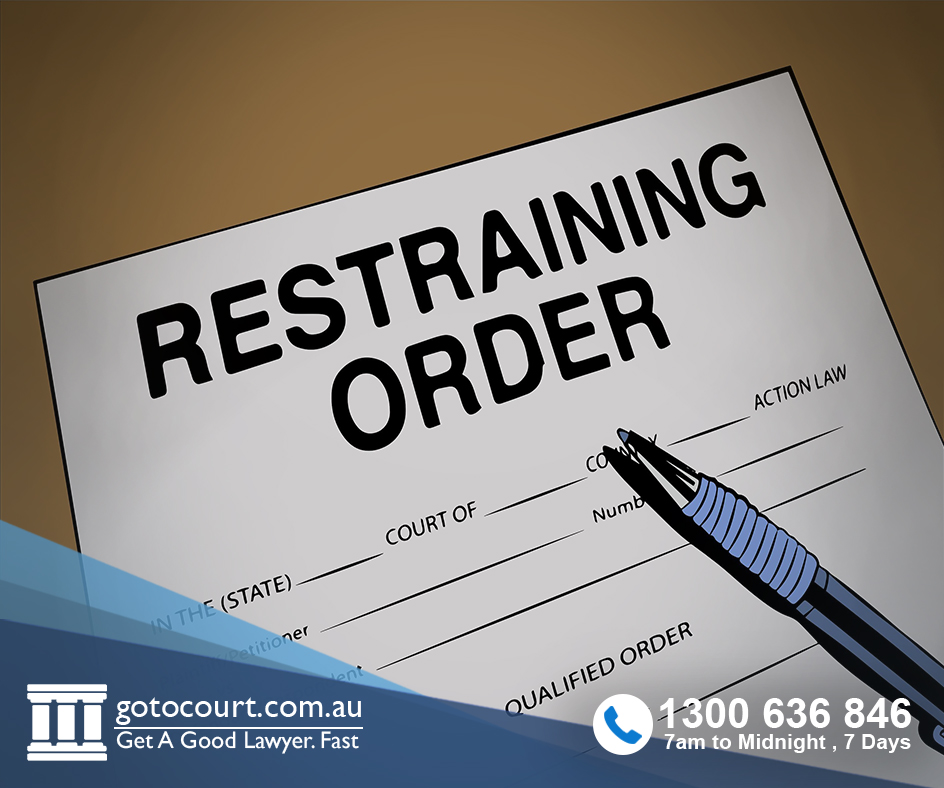Costs Orders in Criminal Matters (WA)
In criminal proceedings, costs orders are sometimes made in favour of the Defendant. The primary purpose behind an order for costs is to compensate a Defendant who has not been found guilty for the expenses they have incurred by reason of the commencement of the legal proceedings.
In the Magistrates Court, the Prosecution will pay the Defendant’s reasonable costs where the Defendant has been successful in obtaining a dismissal of the charges, an acquittal on the charges or where the charges have been withdrawn by the Prosecution.
Why do we have criminal costs orders?
In the 1990 case of Latoudis v Casey, the High Court stated:
“in ordinary circumstances it would not be just and reasonable to deprive a defendant who had secured the dismissal of a criminal charge brought against him or her of an order of costs”.
The High Court has also stated that the court whilst exercising its discretion in awarding or refusing costs orders, should look at the matter primarily from the perspective of the Defendant, not the Prosecution.
What are criminal costs?
Costs are defined in the Official Prosecutions (Defendants Costs) Act 1973 as any expenses that:
- are properly incurred by a Defendant in an official prosecution; or
- are due and payable, or are paid, to the Defendant by another person or as Court fees.
Where a Defendant is successful in his or her application for an order for Costs the Court will provide the Defendant with a Costs Certificate. This Costs Certificate will then need to be provided to the Department of Justice which will arrange for the Defendant to be paid the costs ordered by the Court. Without a Costs Certificate, a Defendant cannot be paid their awarded costs.
Scale of costs to be recovered
The Legal Profession (Official Prosecutions) (Accused Costs) Determination 2018 sets out the maximum costs that can be ordered in favour of a Defendant. This Determination classifies and quantifies the scale of costs which can be claimed by the Defendant. It puts a cap on costs which can be claimed by a Defendant in a criminal matter, ensuring that the costs awarded are reasonable and not excessive. This also allows for fairness and consistency in the court’s decisions in awarding costs to Defendants.
Costs orders in favour of the prosecution
The Court has the power to award costs to either party in criminal proceedings. However, it is unusual for courts to exercise their statutory discretion and to award costs to the Prosecution.
The Law Reform Commission of Western Australia in its 30th Anniversary Reform Implementation Report (2002) stated in its draft recommendations at 10.3, that it is inappropriate for a Defendant who is found guilty to pay costs to the Prosecution given that he or she would have already been subject to some other form of court-ordered penalty. Another reason for not awarding costs to the prosecution in summary matters is that the Police Prosecution team is supported by state resources and is serving a public duty.
Conclusion
An order for costs is awarded by the Magistrates Court to a successful Defendant who has had his or her charges dismissed, withdrawn or been acquitted. The purpose of an order for costs is to compensate and indemnify the Defendant for the costs he or she has incurred in the process of the legal proceedings. It is not intended to punish the prosecution for bringing the Defendant before the Courts.
Costs orders are not unlimited but are capped by the maximum amounts set out in the Scale of Costs in the Official Prosecutions (Accused’s Costs) Scale of Costs 2018. The purpose of the scale of costs is to regulate the costs which can be awarded to Defendants, to allow for consistency and fairness in the awarding of costs orders in favour of Defendants.
Although the Magistrates Court has a statutory discretion to awards costs to either party in criminal proceedings it is unlikely that the court will award costs to the prosecution where a Defendant is found guilty. This is because the Defendant will already be subject to some form of court-ordered penalty.
If you require legal advice or representation in a criminal law matter or in any other legal matter, please contact Go To Court Lawyers.






